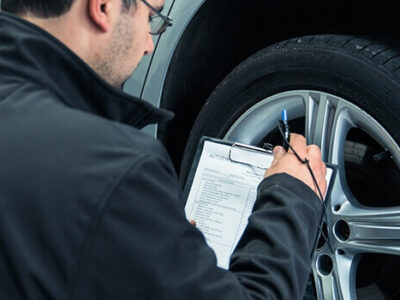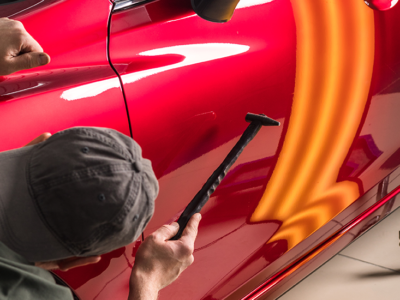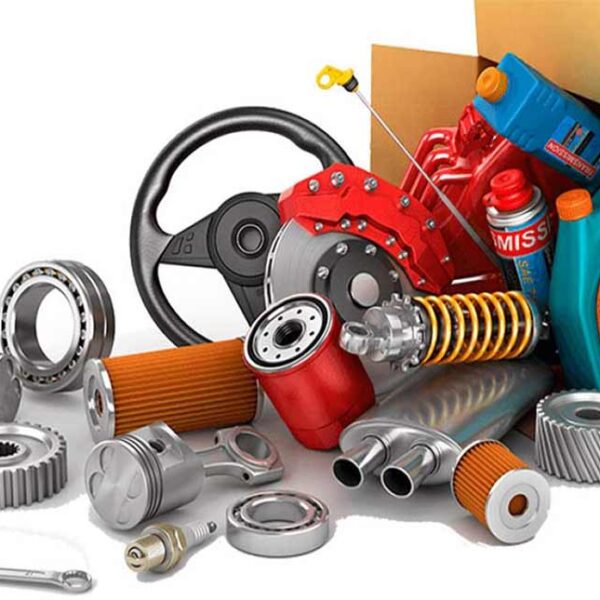
Keeping your vehicle in optimal shape and avoiding costly repairs largely depends on regular maintenance. Proper care of your car’s key components ensures smooth, safe, and efficient operation. At Saphiri.co, we recognize the importance of vehicle maintenance and are here to guide you through essential upkeep. In this post, we’ll cover critical car parts that require regular attention and offer practical advice to help keep your car in excellent condition for years.
Engine Maintenance
1. Oil Changes: Regular oil changes are vital for engine health. Engine oil lubricates moving parts, reducing friction and cooling the engine. Over time, oil degrades and becomes contaminated. Change your oil according to the manufacturer’s schedule—typically every 3,000 to 5,000 miles for conventional oil and 7,500 to 10,000 miles for synthetic oil.
2. Air Filter: The air filter ensures clean air enters the engine for combustion. A clogged filter can affect performance and fuel economy. Replace the air filter every 12,000 to 15,000 miles or during each oil change if it appears dirty.
3. Spark Plugs: Spark plugs ignite the fuel-air mixture in the engine’s cylinders. Worn or fouled spark plugs can cause misfires and reduce fuel efficiency. Check and replace spark plugs every 30,000 to 100,000 miles, depending on your vehicle’s specifications.
4. Timing Belt: The timing belt synchronizes the crankshaft and camshaft, ensuring precise valve operation. A worn or broken timing belt can cause severe engine damage. Replace it every 60,000 to 100,000 miles as recommended by the manufacturer. Vehicles with a timing chain may need routine checks instead of replacement.
Transmission Maintenance
1. Transmission Fluid: Transmission fluid lubricates and cools the transmission. It can degrade over time. Check and replace transmission fluid every 30,000 to 60,000 miles, based on your manufacturer’s guidelines. Some transmissions are sealed and do not require fluid changes but should still be checked periodically.
2. Transmission Filter: The transmission filter removes contaminants from the fluid. Replace it when changing the transmission fluid to prevent clogs and ensure smooth shifting.
3. Clutch (Manual Transmission): For manual transmissions, the clutch allows gear changes. If the clutch slips or shows signs of wear, such as difficulty shifting or burning smells, have it inspected and replaced if necessary.
Brake System Maintenance
1. Brake Pads: Brake pads create friction with the rotors to slow the vehicle. Check and replace brake pads when their thickness falls below an eighth of an inch to ensure effective braking.
2. Brake Rotors: Brake rotors can become grooved or warped over time, affecting braking performance. If you experience vibrations or squeaking, have the rotors inspected and either resurfaced or replaced.
3. Brake Fluid: Brake fluid absorbs moisture over time, which can reduce braking efficiency. Check and replace brake fluid every two years or 30,000 miles to maintain braking performance.
4. Brake Lines: Brake lines carry brake fluid from the master cylinder to the wheels. Check for corrosion or damage regularly and replace any worn or damaged lines.
Suspension and Steering Maintenance
1. Shocks and Struts: Shocks and struts absorb road bumps and maintain tire contact with the road. Replace them if you notice a bumpy ride, poor handling, or leaking fluid.
2. Ball Joints: Ball joints connect the suspension to the wheels, allowing movement. Worn ball joints can cause clicking sounds and uneven tire wear. Have them checked and replaced if signs of wear are present.
3. Power Steering Fluid: Power steering fluid helps with steering ease. Check and replace it every 30,000 to 60,000 miles to ensure smooth steering.
4. Wheel Alignment: Proper alignment ensures even tire wear and smooth handling. Get your alignment checked if you notice the vehicle pulling to one side or experience uneven tire wear.
Tire Maintenance
1. Tire Pressure: Correct tire pressure is crucial for safety and performance. Check tire pressure regularly and adjust according to manufacturer recommendations to ensure optimal traction and fuel efficiency.
2. Tire Tread: Adequate tread depth is essential for grip on various surfaces. Replace tires when tread depth falls below 2/32 inches to avoid reduced traction and increased risk of hydroplaning.
3. Tire Rotation: Regular rotation helps prevent uneven tread wear. Rotate your tires every 5,000 to 7,000 miles to extend their lifespan and improve performance.
4. Wheel Balancing: Proper wheel balancing prevents vibrations and uneven tire wear. Balance your wheels if you experience vibrations at high speeds or notice uneven tire wear patterns.
Exhaust System Maintenance
1. Exhaust Leaks: Leaks in the exhaust system can lead to performance issues and exposure to harmful gases. Check for and repair any leaks to maintain engine performance and safety.
2. Catalytic Converter: The catalytic converter reduces harmful emissions. If you notice a decrease in fuel efficiency or a rotten egg smell, have your catalytic converter inspected and replaced if necessary.
3. Oxygen Sensors: Oxygen sensors monitor exhaust gases and help maintain the correct air-fuel ratio. Faulty sensors can lead to poor fuel economy and high emissions. Replace them if they fail to ensure proper engine function.
Cooling System Maintenance
1. Radiator: The radiator dissipates heat from the coolant to prevent engine overheating. Flush and refill the radiator every 30,000 miles or as recommended by your manufacturer to ensure efficient cooling.
2. Coolant Hoses: Coolant hoses transport coolant between engine components. Check for cracks or leaks and replace any damaged hoses to avoid overheating.
3. Water Pump: The water pump circulates coolant through the engine. A malfunctioning pump can cause overheating. Replace it if you hear whining noises, notice coolant leaks, or experience engine overheating.
Electrical System Maintenance
1. Battery: The battery provides power for starting the engine and running electrical systems. Test and replace your battery every three to five years to ensure reliable performance.
2. Alternator: The alternator recharges the battery and powers electrical components. If you experience dimming headlights or electrical issues, have the alternator inspected and repaired.
3. Fuses: Fuses protect electrical circuits from overloads. Replace any blown fuses to restore power to affected components.
4. Lighting: Regularly check all vehicle lights, including headlights, brake lights, and turn signals. Replace any burnt-out bulbs and clean the lenses to maintain visibility and safety.
Fuel System Maintenance
1. Fuel Filter: The fuel filter removes contaminants from fuel before it reaches the engine. Replace it every 30,000 to 60,000 miles to maintain engine performance and fuel efficiency.
2. Fuel Pump: The fuel pump transfers fuel from the tank to the engine. If you experience starting issues or reduced performance, have the fuel pump inspected and replaced if necessary.
3. Fuel Injectors: Fuel injectors deliver fuel to the engine. Clean or replace them if you notice issues such as rough idling or poor fuel economy.
Interior and Exterior Maintenance
1. Interior Cleaning: Regular cleaning prevents wear and tear on interior surfaces. Vacuum seats and floors, wipe down the dashboard and controls, and clean windows to maintain a clean and attractive interior.
2. Exterior Washing: Wash your car regularly to remove dirt, grime, and road salt that can damage the paint and lead to rust. Use high-quality car wash soap and a soft sponge to protect the paint.
3. Paint Protection: Consider ceramic coatings or paint protection films to guard against scratches and environmental damage. These coatings make cleaning easier and preserve your car’s appearance.
Conclusion
Regular maintenance is crucial for keeping your car running smoothly, safely, and efficiently. By attending to these key components and following the recommended schedules, you can prevent expensive repairs and extend the lifespan of your vehicle. At Saphiri.co, we provide expert advice and premium quality automotive products to meet all your maintenance needs. Visit our online shop for convenient access to high-quality auto care products and ensure your vehicle remains in top condition.











